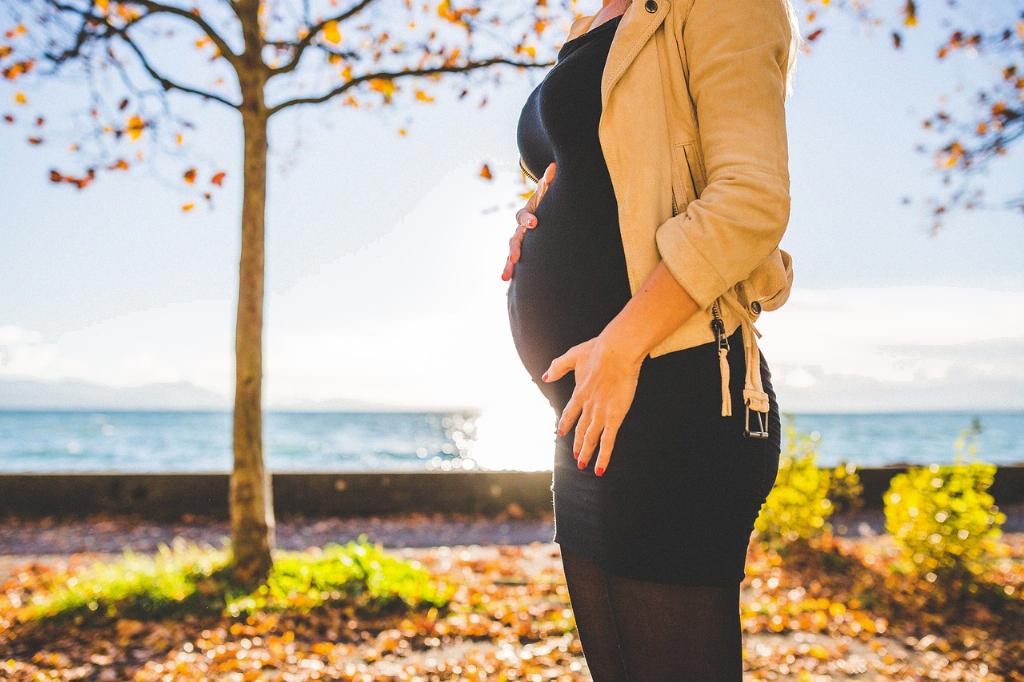Postpartum leg pain is a common concern that many new mothers experience after childbirth. There are several reasons why you may be experiencing discomfort in your legs during this time. Understanding the factors that contribute to postpartum leg pain can help you better manage and alleviate the discomfort you may be feeling.
1. Depletion of Electrolytes
While breastfeeding, your body may lose essential electrolytes that are important for muscle function. If these electrolytes are not adequately replaced, it can lead to an imbalance in your system, resulting in leg cramps and pain.
2. Muscle Recovery
During pregnancy and childbirth, your leg muscles undergo significant strain and stress. After giving birth, these muscles need time to recover and heal, which can result in soreness and discomfort in the postpartum period.
3. Lumbar Spine Restrictions
Restrictions in the lumbar spine can contribute to leg cramps and pain postpartum. These restrictions may lead to the entrapment of peripheral nerves, causing radiating discomfort in the legs.
4. Hormonal Changes
Fluctuations in hormone levels during pregnancy and after childbirth can also impact muscle function and contribute to leg pain. Hormonal changes can affect the body’s ability to regulate muscle contractions, leading to discomfort.
5. Increased Weight and Pressure on Legs
Carrying the extra weight of pregnancy followed by the physical demands of caring for a newborn can place increased pressure on your legs. This added strain can result in muscle fatigue and pain in the postpartum period.
6. Lack of Physical Activity
Recovery from childbirth often requires a period of rest and limited physical activity. However, a lack of movement and exercise can contribute to muscle stiffness and pain in the legs. Gentle stretching and low-impact exercises can help alleviate discomfort.
7. Poor Posture
Changes in posture during pregnancy and while caring for a newborn can place strain on the muscles and nerves in your legs. Poor posture can lead to imbalances in the musculoskeletal system, resulting in leg pain and discomfort.
8. Varicose Veins
Varicose veins, which are common during pregnancy, can persist or worsen postpartum. These enlarged and twisted veins can cause pain, heaviness, and discomfort in the legs. Elevating your legs and wearing compression stockings can help alleviate symptoms.
9. Emotional Stress
The emotional stress of adjusting to motherhood and caring for a new baby can manifest physically in the body, including in the form of muscle tension and pain. Finding ways to relax and destress can help reduce leg discomfort.
10. Nutritional Deficiencies
Poor nutrition or deficiencies in essential vitamins and minerals can impact muscle health and contribute to leg pain postpartum. Ensuring that you are eating a balanced diet and staying hydrated is important for muscle recovery.
11. Medical Conditions
In some cases, underlying medical conditions such as deep vein thrombosis or sciatica can cause leg pain postpartum. If you are experiencing persistent or severe discomfort, it is important to consult with a healthcare provider for further evaluation and management.
12. Self-Care and Support
Taking care of yourself during the postpartum period is crucial for your overall well-being, including the management of leg pain. Prioritizing rest, staying hydrated, practicing good posture, and seeking support from loved ones can all contribute to a smoother recovery and decreased discomfort in your legs.

